Download the checklist for free here
As a father, introducing your family to the great outdoors can be an incredibly rewarding experience. Hiking not only promotes physical health but also fosters a sense of adventure and connection with nature. If you're planning your first hike with your children, a short, easy trail between 1-3 miles is an excellent starting point. Here’s a comprehensive guide and checklist to ensure your first hiking trip is enjoyable and safe.
Benefits of Hiking with Your Family
Hiking is a fantastic way to bond with your children. It provides an opportunity to disconnect from the digital world and engage in meaningful conversations. Nature walks stimulate curiosity and can be educational, as children encounter various plants, animals, and geological formations. Moreover, the physical activity promotes overall health, improves mood, and helps in developing a lifelong appreciation for the outdoors.
Preparing for Your Hike
Preparation is key to a successful and enjoyable hike. Here are some essential steps:
- Choose the Right Trail: For your first hike, select a trail that is well-marked and suitable for beginners. National parks, local nature reserves, and state parks often have easy trails designed for families.
- Check the Weather: Ensure that the weather is suitable for hiking. Avoid extreme conditions like heavy rain, excessive heat, or cold.
- Inform Someone: Let a friend or family member know your hiking plans, including your destination and expected return time.
Essential Items Checklist
Packing the right gear is crucial for safety and comfort. Here’s a checklist of items you should bring on an easy 1-3 mile hike:
- Comfortable Footwear: Sturdy, comfortable shoes or hiking boots are a must. Ensure they are broken in to prevent blisters.
- Appropriate Clothing: Dress in layers to adapt to changing weather conditions. Moisture-wicking fabrics are ideal. Don’t forget hats and sunglasses for sun protection.
- Backpack: A small, comfortable backpack to carry your essentials.
- Water: Hydration is crucial. Pack enough water for everyone – at least one liter per person.
- Snacks: Bring healthy snacks like trail mix, fruits, or energy bars to keep everyone’s energy levels up.
- First Aid Kit: A basic first aid kit with bandages, antiseptic wipes, pain relievers, and any personal medications.
- Map and Compass: Even on well-marked trails, it’s wise to carry a map and compass. Familiarize yourself with the route beforehand.
- Sun Protection: Sunscreen and lip balm with SPF to protect against sunburn.
- Bug Spray: To ward off mosquitoes and ticks.
- Trash Bags: Leave no trace. Bring bags to carry out your trash and keep the trail clean.
- Emergency Whistle: In case of emergencies, a whistle can be heard from a greater distance than a shout.
- Multi-tool or Pocket Knife: Useful for a variety of tasks.
Download this checklist for FREE here

Tips for a Successful Hike
- Start Early: Begin your hike in the morning to avoid the heat of the day and allow plenty of time to complete the hike before dark.
- Set a Comfortable Pace: Especially with children, it’s important to walk at a pace that’s comfortable for everyone.
- Take Breaks: Regular breaks help to rest and enjoy the surroundings. They also give kids time to explore and ask questions.
- Stay on the Trail: To protect the environment and ensure safety, always stay on designated trails.
Enjoy the Journey
The goal of your first hike is to enjoy the journey, not just reach the destination. Take the time to explore, observe, and appreciate the beauty around you. Encourage your children to ask questions and express their curiosity.
With the right preparation and a positive attitude, hiking can become a cherished family activity that promotes health, happiness, and a deep connection with nature. So, lace up your boots, grab your gear, and embark on an adventure that your family will remember for years to come.
Join our online community designed specifically for fathers like us, who are navigating challenges like parenting, mental health, anger, and vices.
It's more than just another online forum – it’s a supportive network of weekly calls, a classroom, and other fathers, designed to help you become the dad you are meant to be.

